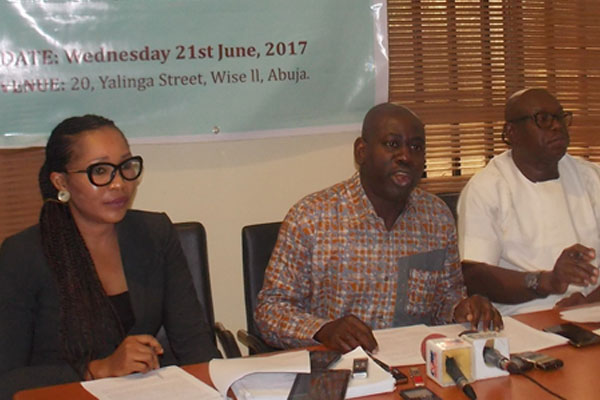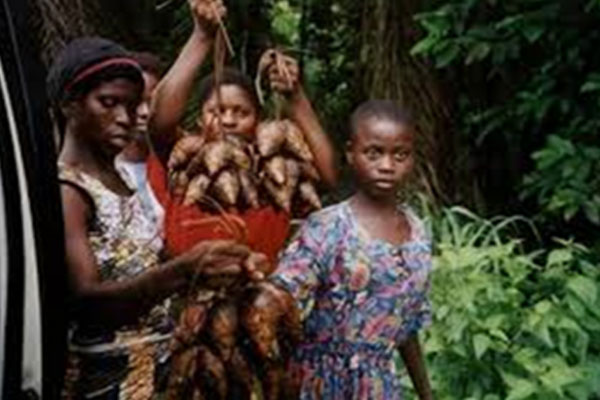
By Ndidi P. Anih and Fyneface D. Fyneface
The descriptive name of the scheme, Reducing Emissions from Deforestation and Forest Degradation (REDD+) hides issues such as whether women were involved in the initial decision making on whether or not the scheme should be implemented in their villages, especially in Cross Rivers State, Nigeria. Here, most women indicated that they did not know about these matters. For those who did know, they said they were not invited to meetings when those decisions were made.

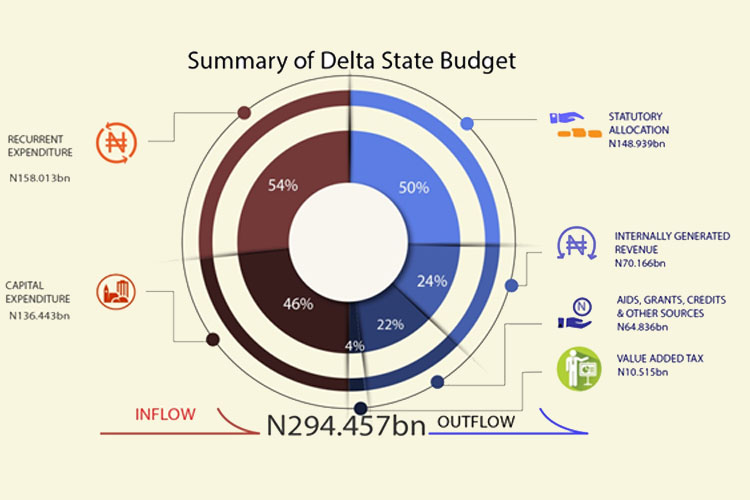
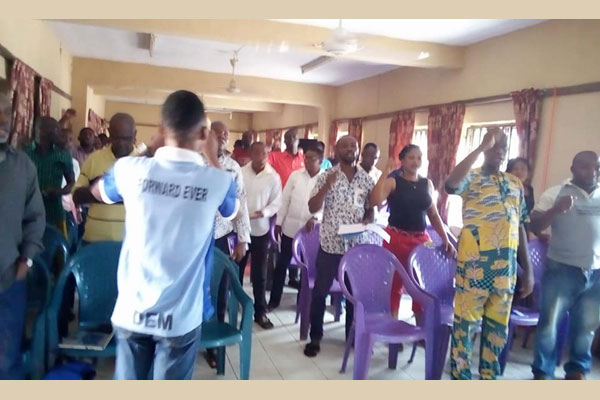
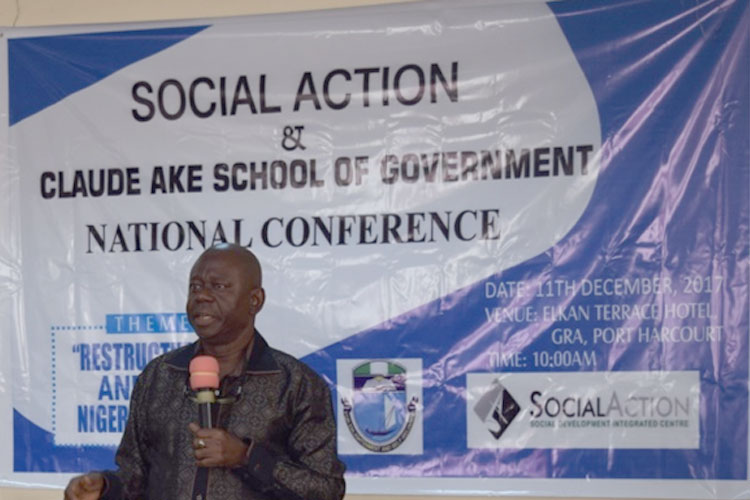
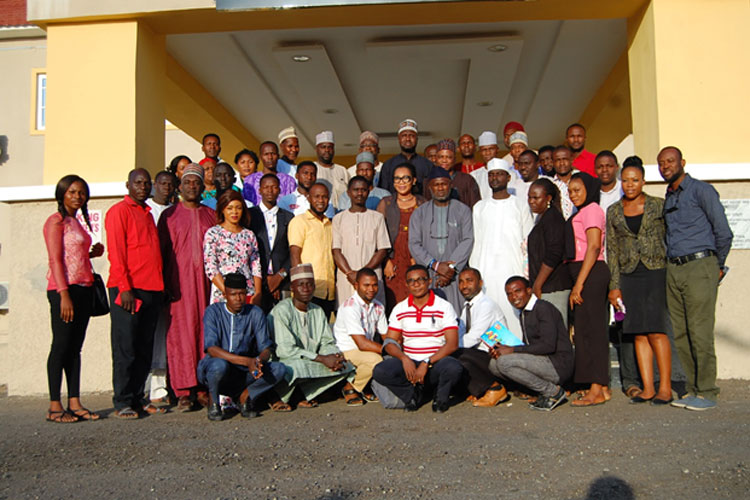
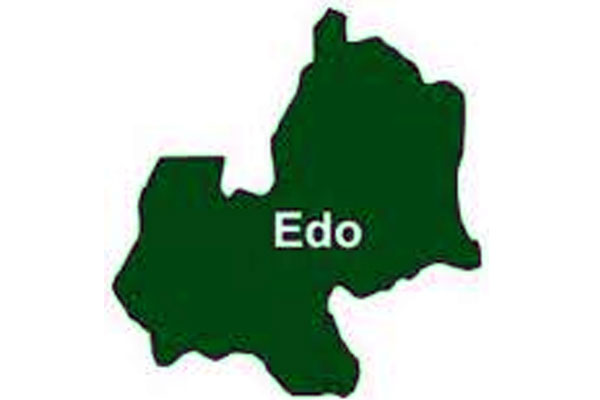

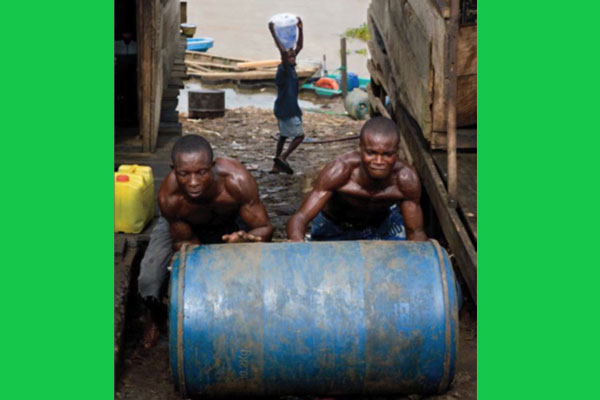
 Life expectancy in the Niger Delta averages just 40 years, compared to between 53 and 55 within Nigeria as a whole. Yet, the Nigerian state and the multinational corporations operating in the Niger Delta have refused to address the historical processes that led from a ‘usable’ Niger Delta of the 1950s, to a current population of unemployed, ‘unusable’, youths castigated to the margins of Nigerian society.
Life expectancy in the Niger Delta averages just 40 years, compared to between 53 and 55 within Nigeria as a whole. Yet, the Nigerian state and the multinational corporations operating in the Niger Delta have refused to address the historical processes that led from a ‘usable’ Niger Delta of the 1950s, to a current population of unemployed, ‘unusable’, youths castigated to the margins of Nigerian society.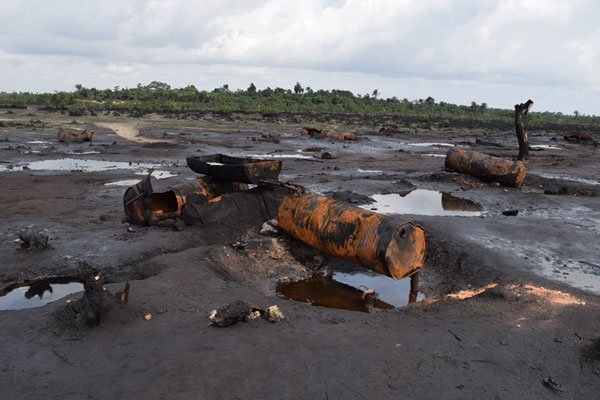
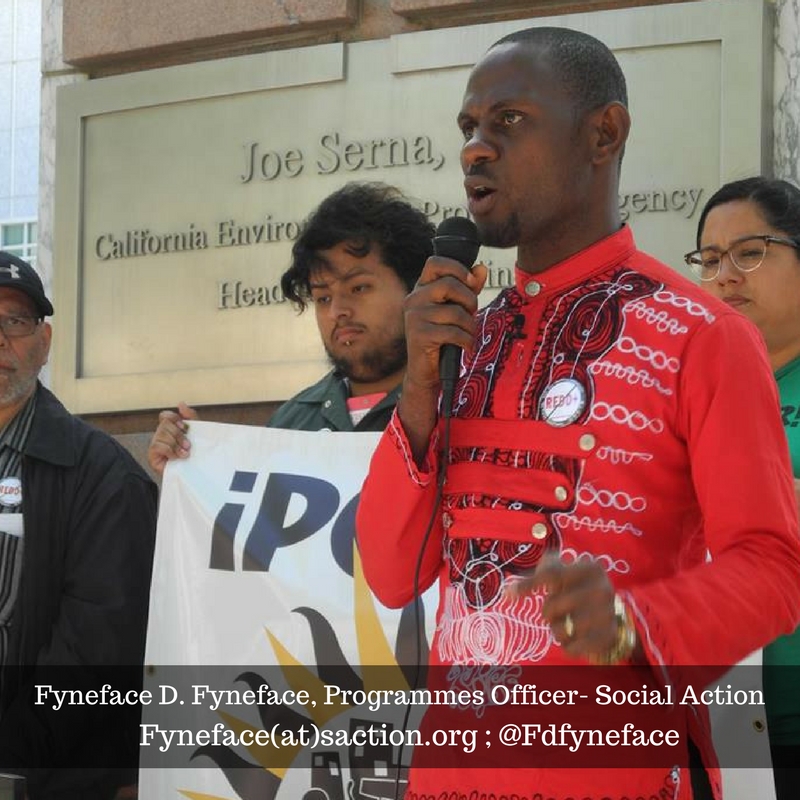 Recent pronouncements on modular refineries by the federal government have ignited excitement among youths seeking legitimate employment away from artisanal refining of crude oil. However, modular refineries are neither a community development alternative nor a sustainable option for addressing widespread youth unemployment. Social Action calls for a new conversation to identify alternatives to the destructive petroleum industry.
Recent pronouncements on modular refineries by the federal government have ignited excitement among youths seeking legitimate employment away from artisanal refining of crude oil. However, modular refineries are neither a community development alternative nor a sustainable option for addressing widespread youth unemployment. Social Action calls for a new conversation to identify alternatives to the destructive petroleum industry.